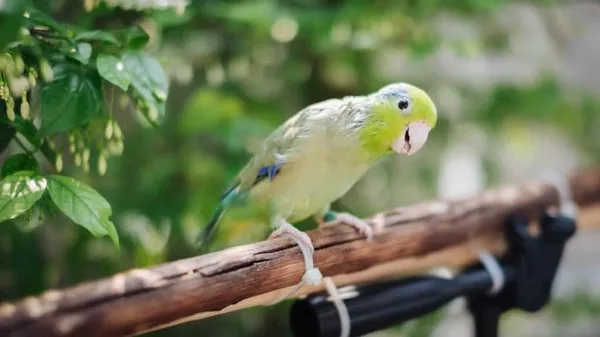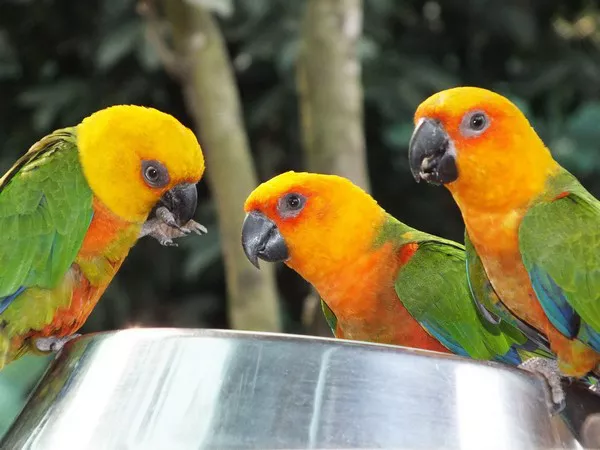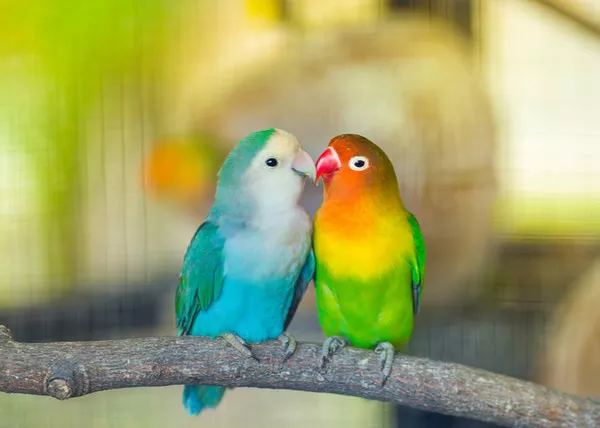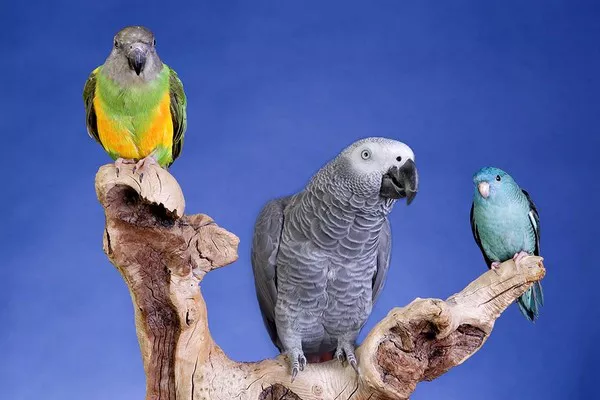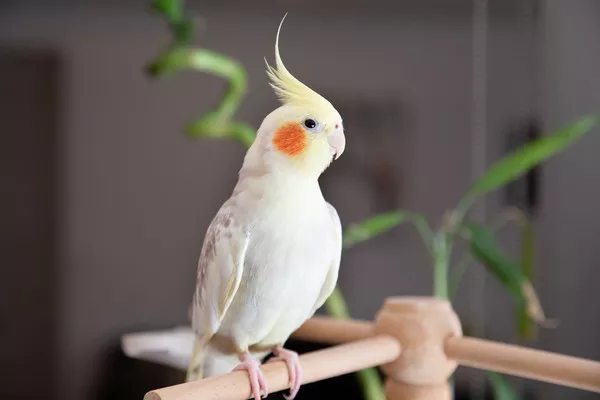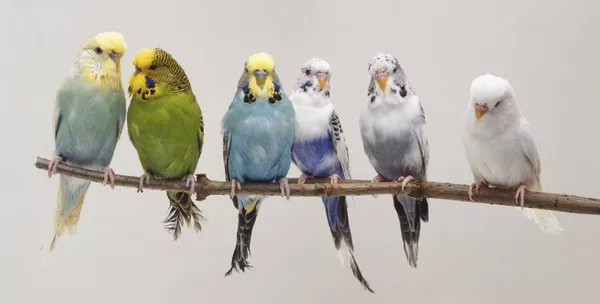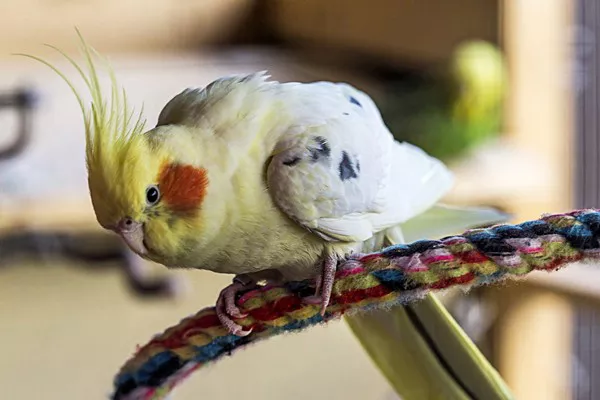Training an African grey parrot not to bite can be a challenging task, but it is essential for their safety and well-being. Biting is a natural behavior for parrots, but it can be problematic when they bite their owners or other people around them. Fortunately, with patience, consistency, and positive reinforcement, you can train your African grey parrot not to bite. In this article, we will discuss some effective tips on how to train an African grey parrot not to bite.
Understand Why Your African Grey Parrot Bites
Before we dive into the training process, it’s important to understand why African Grey parrots might bite in the first place. Here are some common reasons why parrots might bite:
- Fear: African Grey parrots may bite out of fear, especially if they are new to their environment or are being handled by unfamiliar people.
- Territorial behavior: Parrots can become very territorial of their cages or favorite perches, and they may bite to defend their space.
- Aggression: Parrots can become aggressive if they feel threatened or are not receiving enough social interaction or stimulation.
- Playful behavior: Sometimes, parrots may bite as a form of play, especially if they are not used to interacting with humans in a gentle way.
Now that we have a better understanding of why African Grey parrots may bite, let’s discuss some training techniques to prevent biting.
Socialization
Socializing your African Grey parrot is key to preventing biting. Parrots that are not socialized may feel threatened by people and other animals, leading to aggressive behavior. Start by spending time with your parrot in a calm and relaxed environment, offering treats and positive reinforcement when they are calm and well-behaved. Introduce them to new people and situations gradually, and never force them into a situation that makes them uncomfortable.
Use Positive Reinforcement
Positive reinforcement is an effective training technique that encourages your African grey parrot to learn desired behaviors through rewards. When your parrot exhibits good behavior, such as not biting, reward them with treats, praise, or playtime. This will help reinforce the behavior and encourage them to repeat it in the future.
Avoid Punishment
Punishing your African grey parrot for biting is not an effective training method. It can actually make the problem worse and damage your relationship with your parrot. Instead, focus on reinforcing good behavior and ignoring or redirecting negative behavior.
Teach Your Parrot to Step Up
Teaching your African grey parrot to step up onto your hand or a perch is an essential training skill that can help prevent biting. Start by placing your hand near your parrot and saying “step up.” When they step onto your hand, reward them with treats and praise. Repeat this training exercise frequently, gradually increasing the distance between your hand and your parrot.
Train Your Parrot to Accept Touch
African grey parrots can be sensitive to touch, and this can sometimes trigger biting behavior. To prevent this, train your parrot to accept touch by gently stroking their head, neck, and body. Start with short periods of touch, gradually increasing the duration over time. Reward your parrot for accepting touch without biting.
Provide Plenty of Toys and Activities
Boredom can lead to biting behavior in African grey parrots. To prevent this, provide your parrot with plenty of toys and activities to keep them entertained and stimulated. This can include puzzles, foraging toys, and toys that encourage chewing and shredding.
Be Consistent
Consistency is key when training your African grey parrot not to bite. Make sure everyone in your household is aware of the training techniques you are using and that they are consistent in their interactions with your parrot. This will help reinforce good behavior and prevent confusion for your parrot.
In conclusion, training an African grey parrot not to bite requires patience, consistency, and positive reinforcement. By understanding why your parrot is biting and using effective training techniques, you can teach your parrot to exhibit good behavior and enjoy a happy and healthy relationship with your pet.
Recommended reading:


